When I published my first novel, Down and Out in Kathmandu, one of the first ‘reviewers’ I emailed the good news to was Beth Green, Book Editor of The Displaced Nation, a global community of creative expats. Even though she politely informed me that she didn’t do straight up book reviews, we kept in touch and I have had the pleasure of contributing to two of her columns.
Ever since our first email conversation, I’ve been fascinated with her TCK (Third Culture Kid) background and jealous of her current hometown of Prague. While she’s shopping for an agent for her first novel, her first short story has been published in an anthology, Fish Out of Water. I am thrilled to be one of the first to let the world know about her publication debut!
Stories Everywhere
By Beth Green
You know what I like most about traveling? Meeting new people. Finding out where they are from. What they do. Why they are doing it. Basically, what’s their story?
In my life, I’ve met a lot of people, in a lot of places.
As a kid, in 27 countries. As an adult, in 30 plus more.
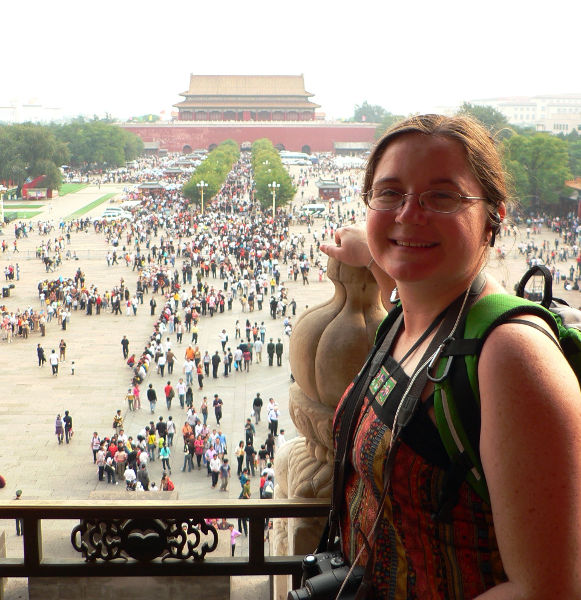
People ask what it was like growing up on a sailboat, but it’s hard to explain. Your childhood is always just your childhood; it seems normal to you.
Meeting all these people, and deflecting that “what’s it like” question, I’ve coaxed people into telling me a lot of stories. It’s always seemed natural to me that I’d tell some myself—though maybe not the same ones that people first thought I’d write.
I don’t know exactly when I wrote my first story, but I remember the first time I realized I could be a writer. I was eight. We were in Venezuela for hurricane season, out of the normal path of the cyclones that regularly rip up the Caribbean and fragile little sailboats along the way. All the “boat people” (my family typically uses that term; “yachties” sounds a bit too upscale, sailors too mercenary, cruisers too impermanent) congregated in the same harbors, where the adults took turns at drinking rum in each other’s cockpits and the kids played board games on fold-out teak tables belowdecks and swapped dog-eared copies of whatever books we could get our hands on. For my birthday, friends of my parents gave me a diary. Not a half-used spiral notebook like I’d been scribbling in. A proper journal with a padded blue cover, a tiny golden lock and pink paper decorated with line drawings of a popular cartoon I watched sometimes on the Venezuelan public TV stations that crackled through the rabbit-ear antennae our ten-inch black-and-white TV.
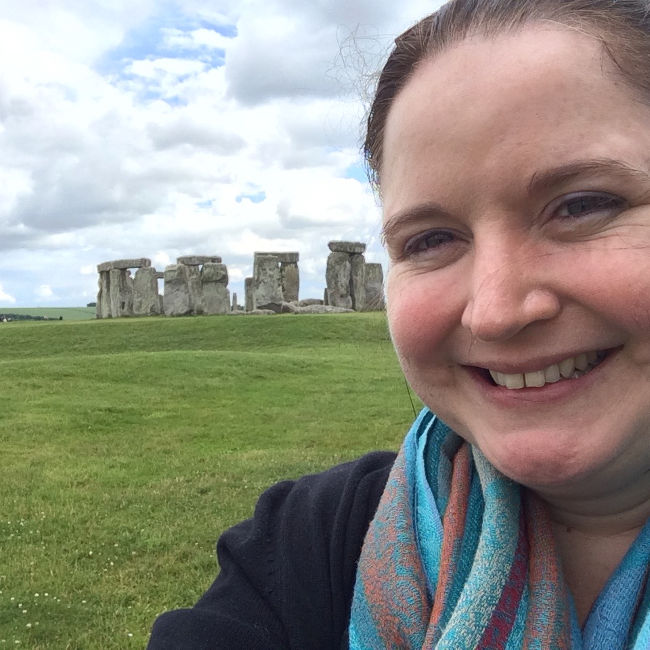
“You’ve got stories to tell,” the givers said. “Write them down.”
“Huh,” eight-year-old me thought. “If writers tell stories, then I’m going to be a writer.”
Stories shape the human experience; they’re vital even across generations and borders. And every culture I’ve lived in or visited has told me more stories than I’ll ever be able to write down. I’m continually fascinated by the way people anywhere, everywhere are so much more alike than they are different—everyone loves their kids and hates their boss and wishes they had more time for fun and more money for whatever money buys and everyone, everywhere, likes ice cream on a hot day—but those similarities are just broad strokes. When you take a microscope to the details, everyone’s telling their own meandering tale that oscillates somewhere between woe and joy.
I first went into journalism. What an abundance of stories there! I loved the research part, where I’d meet people, listen carefully to what they had to say and then try to get their story on the page. For a long time—long enough to get a journalism degree, do a couple of internships and work as a reporter in Florida for a year—I thought that telling other people’s stories would be enough for me.
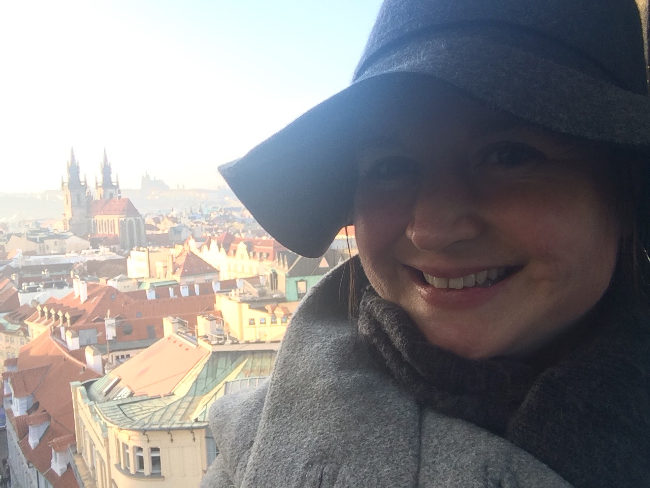
But if you look at the stats for Adult Third Culture Kids (people like me who spent formative years in a culture that wasn’t their parents’), it’s not much of a surprise that I started to feel like the stories I told would be better with a side of travel. Or that I would be better at telling the stories if I had the freedom to roam. So I packed up and have been traveling and living internationally ever since. I currently live in the Czech Republic—about as far from the sea as I could get in Europe, but I promise that’s not by design—where I copy write and edit for companies as well as writing novels and short stories for my own enjoyment. Both the communications hat and the novelist hat fit under the umbrella of storyteller, and both are influenced by my own multicultural experiences.
On the communications side, I work with a lot of non-native speakers of English who want their companies to tap into the global market. As someone who has communicated across cultures basically since before I could talk, and who, like other Third Culture Kids, made adaptation a life skill, my intuition for what will resonate with different audiences is fairly sharp.
And on the fiction side, travel creates a wealth of possibilities. In my fiction, I relish creating characters that are out of their element—culturally, geographically, professionally. And I love setting these characters in (what appear to them to be, at least) exotic, boundary-pushing places.
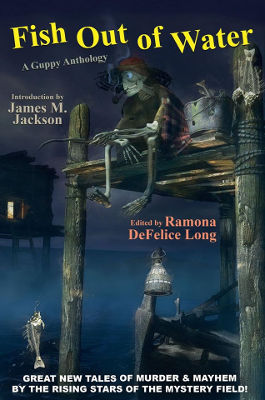 One of the projects I’m working on now is a set of short stories in which all of the main characters experience something ordinary gone wrong. If you’ve traveled or lived abroad for a length of time, you’ve probably experienced a moment when you’re out of sync with what’s expected and you didn’t clue in fast enough. Like when I started attending public high school in the States and realized that class discussions were a real thing and not just something that happened in movies (not much discussing happens when you’re a homeschooled only child on a sailboat); or in China, when I could travel from my city to the provincial capital to buy a ticket for a train to Chongqing that would double back through my city (and stop there) but I couldn’t buy a ticket from my city to Chongqing. Or, after months, being told that your Czech neighbors probably think you’re rude because you’ve always been using the friendlier-sounding informal greeting and not the dour but proper formal one. English class and train stations and apartment block hallways aren’t obvious places for conflict, but for me, some of these seemingly ordinary places spark memories and then ideas for stories.
One of the projects I’m working on now is a set of short stories in which all of the main characters experience something ordinary gone wrong. If you’ve traveled or lived abroad for a length of time, you’ve probably experienced a moment when you’re out of sync with what’s expected and you didn’t clue in fast enough. Like when I started attending public high school in the States and realized that class discussions were a real thing and not just something that happened in movies (not much discussing happens when you’re a homeschooled only child on a sailboat); or in China, when I could travel from my city to the provincial capital to buy a ticket for a train to Chongqing that would double back through my city (and stop there) but I couldn’t buy a ticket from my city to Chongqing. Or, after months, being told that your Czech neighbors probably think you’re rude because you’ve always been using the friendlier-sounding informal greeting and not the dour but proper formal one. English class and train stations and apartment block hallways aren’t obvious places for conflict, but for me, some of these seemingly ordinary places spark memories and then ideas for stories.
One of these short stories—set on a sailboat, natch—will be published in the FISH OUT OF WATER anthology coming soon from Wildside Press.
All the fiction projects I have in the works right now include some kind of international or intercultural intrigue—I suppose I’m still exploring a theme that’s been dear to me since birth: what it’s like to be a foreigner.
About Beth
 Beth Green grew up on a sailboat but these days is most often found ashore—currently in Prague, Czech Republic. Beth is a former reporter, English teacher, and travel blogger; she is now a full-time freelance writer. When not writing for clients or plotting international crimes to take place in her fiction, Beth enjoys reading, scuba diving, and the art of slow travel.
Beth Green grew up on a sailboat but these days is most often found ashore—currently in Prague, Czech Republic. Beth is a former reporter, English teacher, and travel blogger; she is now a full-time freelance writer. When not writing for clients or plotting international crimes to take place in her fiction, Beth enjoys reading, scuba diving, and the art of slow travel.
Connect with her on Twitter, Facebook, Instagram, via her website or sign up for her newsletter at this link: http://eepurl.com/cFxRMX.
Beth’s short story “Plan A: Kill the Fish” will appear in the upcoming crime fiction anthology FISH OUT OF WATER.
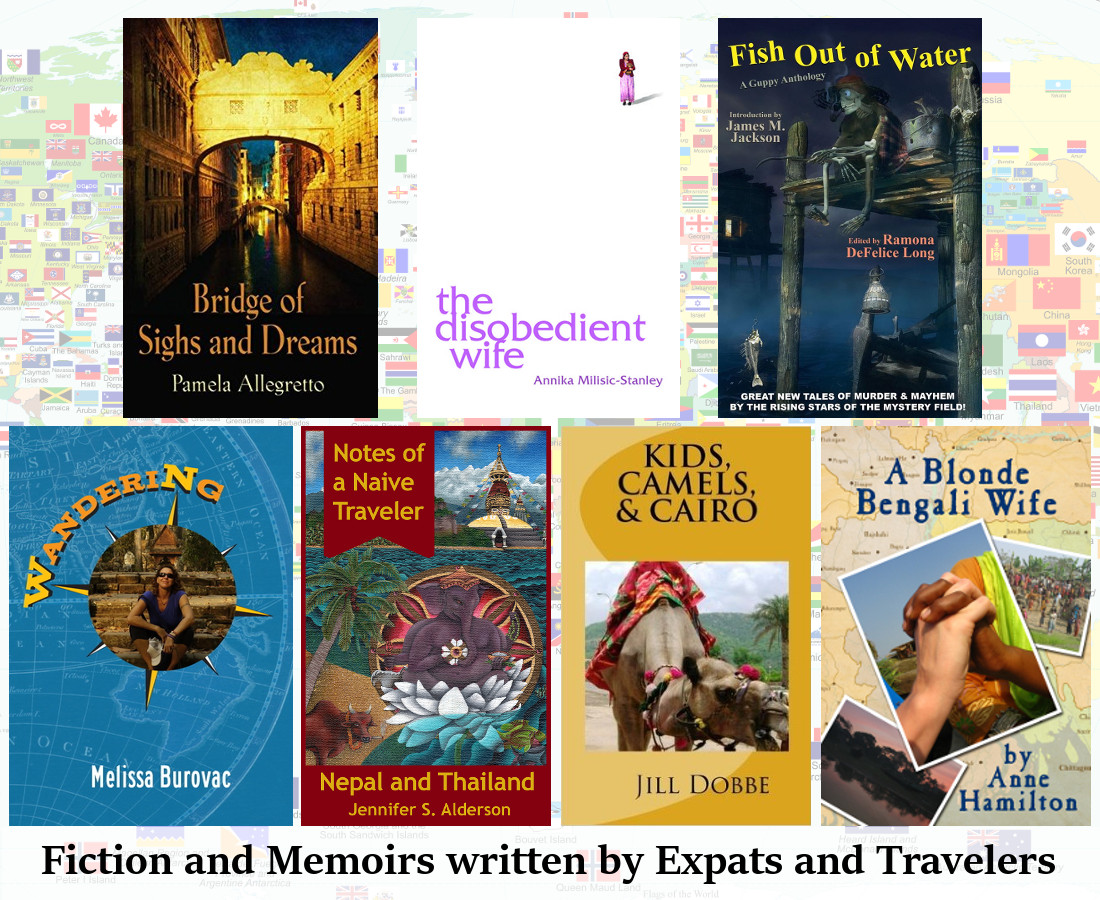
Enjoy reading this post? Check back here Friday to read former expat Pamela Allegretto’s contribution to my month long celebration of Fiction and Memoirs written by Expats and Travelers.
While you are here, check out Melissa Burovac, Jille Dobbe, Anne Hamilton and Jennifer S. Alderson’s fascinating contributions as well.
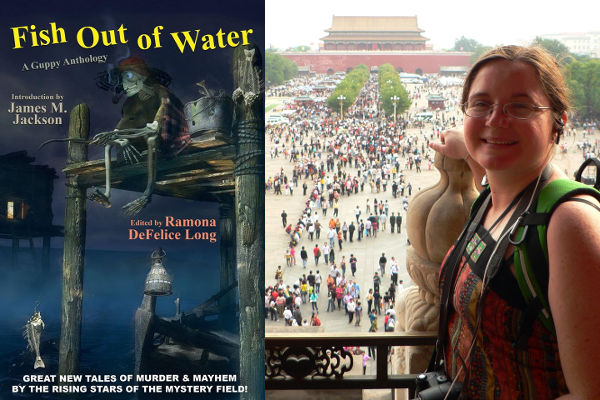
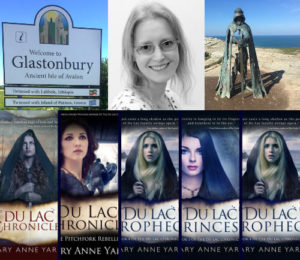
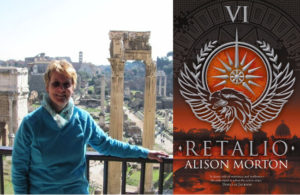

Pingback: Spotlight On… – Jennifer S. Alderson
Pingback: Fiction and Memoirs by Expats and Travelers Month Wraps Up – Jennifer S. Alderson
Pingback: Interview with Expat Fiction author Annika Milisic-Stanley – Jennifer S. Alderson
Nice article, Beth. I raised two TCK’s and they continue traveling, too. Best of luck with your new book.
Such an interesting and well-written article. I look forward to reading Fish Out of Water.
Fascinating! Best of luck on your future writing endeavors 🙂